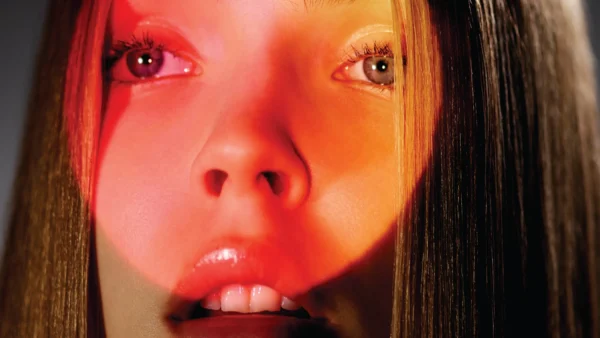
How Do Energy Drinks Affect Young People?

Energy drinks have been a popular beverage choice for many years, especially with young people. But many brands contain high levels of sugar and caffeine, which can cause numerous health concerns, from headaches and nausea to panic attacks, insomnia and weight gain. For young people, the side effects of drinking energy drinks regularly could be extremely dangerous – so, how exactly do these drinks impact the body and should kids and teens be worried?
What are energy drinks?
Energy drinks provide a boost in energy from glucose, but there are typically other ingredients added to create a bigger impact, such as caffeine, ginseng and taurine. They are advertised as a convenient way of reducing feelings of tiredness, improving concentration and focus, and making you feel less lethargic. Certain brands that are particularly high in caffeine have to be labelled as such and are required to state that they’re not suitable for young people, due to the harmful side effects they can cause.
According to the British Dietetic Association, the consumption of energy drinks has increased consistently since 2006 and in many cases, it’s adolescents who are consuming them. Male teens are more likely to consume higher quantities of energy drinks compared to female adolescents, although girls who skip breakfast are more likely to rely on these beverages to get them through the day.
What are the side effects?
It’s recommended that teens avoid excessive doses of caffeine and consuming more than 100mg per day is considered an unhealthy amount. Most drinks of this type contain a minimum of 150mg/L or caffeine and other stimulants, with some brands containing as much as 300mg/L, yet around half of teens drink them. Consuming just two or three cans of energy drink per day can have a huge impact on the health and wellbeing of a young person and put incredible stress on their vital organs.
The long-term effects of consuming excessive quantities of energy drinks are alarming, causing anything from palpitations and shaking to agitation, chest pains, dizziness and breathing difficulties. Studies have also found that consuming just two cans of the popular Monster Energy drink in under an hour can drastically increase the risk of electrical disturbances in the heart, which can last for as long as four hours after you’ve finished drinking.
The ingredients in energy drinks can lead to a dependence on them over time, as well as dehydration, insomnia and changes to your heart rate. But in young people, these symptoms are more extreme, causing seizures, mania, strokes and, in severe cases, even death. And since many brands contain high levels of sugar as well, they can lead to an increased risk of diabetes, obesity and complications associated with weight-gain.
What’s the alternative?
Many children and teens consume these drinks as a way of avoiding feeling tired or run down, but there are alternative ways to combat these feelings without relying on harmful energy drinks.
Getting enough sleep is crucial, as it’s eating a balanced diet that’s low in unhealthy fats and sugars, which will provide you with plenty of energy to sustain you throughout the day. But exercise can also help with your energy levels – while it may seem counterproductive, even just 20 minutes of exercise can give your body and mind a boost, making a huge difference to your day.
In terms of hydration, water is the best drink you can consume each day. If you’re dehydrated, you’re bound to feel lethargic and tired, and it can even impact your sleep, which can lead to you reaching for energy drinks. However, water is often all that’s needed to rehydrate your body and improve your energy levels – aim for at least two litres each day.
Final thoughts
It’s important to educate young people on the risk of energy drinks and to encourage them to choose alternatives instead of relying on these beverages to combat tiredness and low energy. While severe side effects are rare, the more common effects can still have a negative impact on your child’s health, especially if these drinks are consumed long-term. By getting plenty of sleep, exercising regularly and staying hydrated by drinking plenty of water, young people can still benefit of the effects of drinking energy drinks without the harmful risks.











































